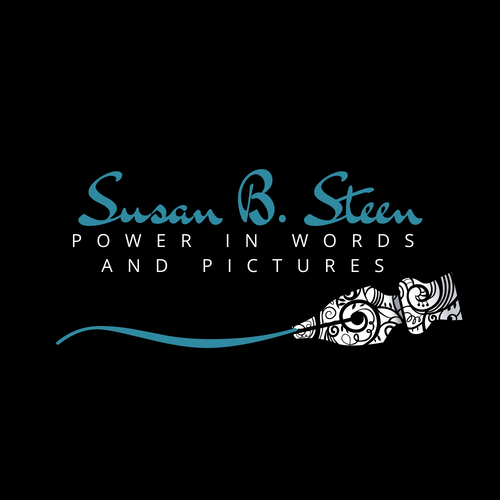Perspective

Perspective
“One of the symptoms of an approaching nervous breakdown is the belief that one’s work is terribly important.” ― Bertrand Russell, The Conquest of Happiness
The morning was one not easily forgotten. Standing at the back door, my husband yelled into the house for me to come outside with a towel or paper towels. He sounded more urgent than he normally does, and I hurried out with paper towels. I should have brought an armload of warm blankets. Our dog had been attacked, and I had no idea how he was standing there or how to scoop him up without hurting him, but I managed, and my husband drove us to the vet. In the course of the few weeks preceding the event and the inability to work during the week of the event, I felt as if I might have a nervous breakdown — life needed so much from me, and my inability to meet my goals was troublesome for me. The truth, though, is clear in Russell’s words. Maybe I had become too convinced of the importance of the things I was doing in my life. I needed to reevaluate how unimportant my work really was in the grand scheme of things.
The list of things to be done each week is long, at least in my mind. I tell myself, sometimes proudly, that I have a lot of work to do. Truthfully, though, when the world feels as if it is crashing around me (or you), what is most important? There are four P’s that come to mind:
- Pause
- Perspective
- Priorities
- Plan
Pause – when everything is coming at you and you feel as if you’ll fall apart, pause. If you read music, you’ll know that sometimes you have a pause, and you insert silence (though there are other types of pauses). That’s what I’m trying to do — insert silence in my life for just a moment, not even a full measure, until the director motions me to make music again. A pause is meaningful because it really captures your attention when the music suddenly is stopped, and everyone waits. Try inserting a pause into your life when you have come to feel that your work is far too important.
Perspective — while you are paused, take a minute to step back and look at the things you need to do from a different vantage point. I think of how helpful it is when my phone’s mapping application shows me there is heavy traffic a few minutes down the road so I can decide if another route would be a better choice. What a great gift to get that perspective, since not so many years ago we didn’t know there was a traffic jam until we were in it. Pausing and stepping back to look at my list of far too important work can help me see how really unimportant some of it might be.
Priorities — which items are most important? What is most important to me might not be most important to you. I believe people are more important than projects, but if my far too important work is mostly about helping people, how in the world do I decide which are the most important for my amount of available time? Not everything can be the most important thing when you are pausing to gain perspective and recognize your priorities, but without deciding which should come first, we tend to remain overwhelmed and feeling as if we are failing.
Plan — what good is it to take the time to pause, gain a little perspective, and determine priorities if you (or I) aren’t going to make a plan to not have that breakdown? Benjamin Franklin is supposed to have been the one who said, “Failing to plan is planning to fail.” Whether you are organizing one section of your life or the whole kit and kaboodle, none of the first three P’s matter if we don’t take the time to take care of that final part and make a plan.
I don’t know what your day or week has brought that might have left you feeling that you were approaching a nervous breakdown, but I understand when it happens. You might be able to accomplish all of the work or you might not, but you don’t have to accomplish it all at once, all right now. Perhaps your work or mine is, in fact, terribly important, but in the knowledge that no one gets more than 24 hours in a day, the work might not be as terribly important as someone else hopes you will think.
Pause, step back to see things from a different perspective instead of being so close to the issues, and decide which items in your workload are truly priorities for you. With that knowledge, make a plan and you just might find a little peace.



